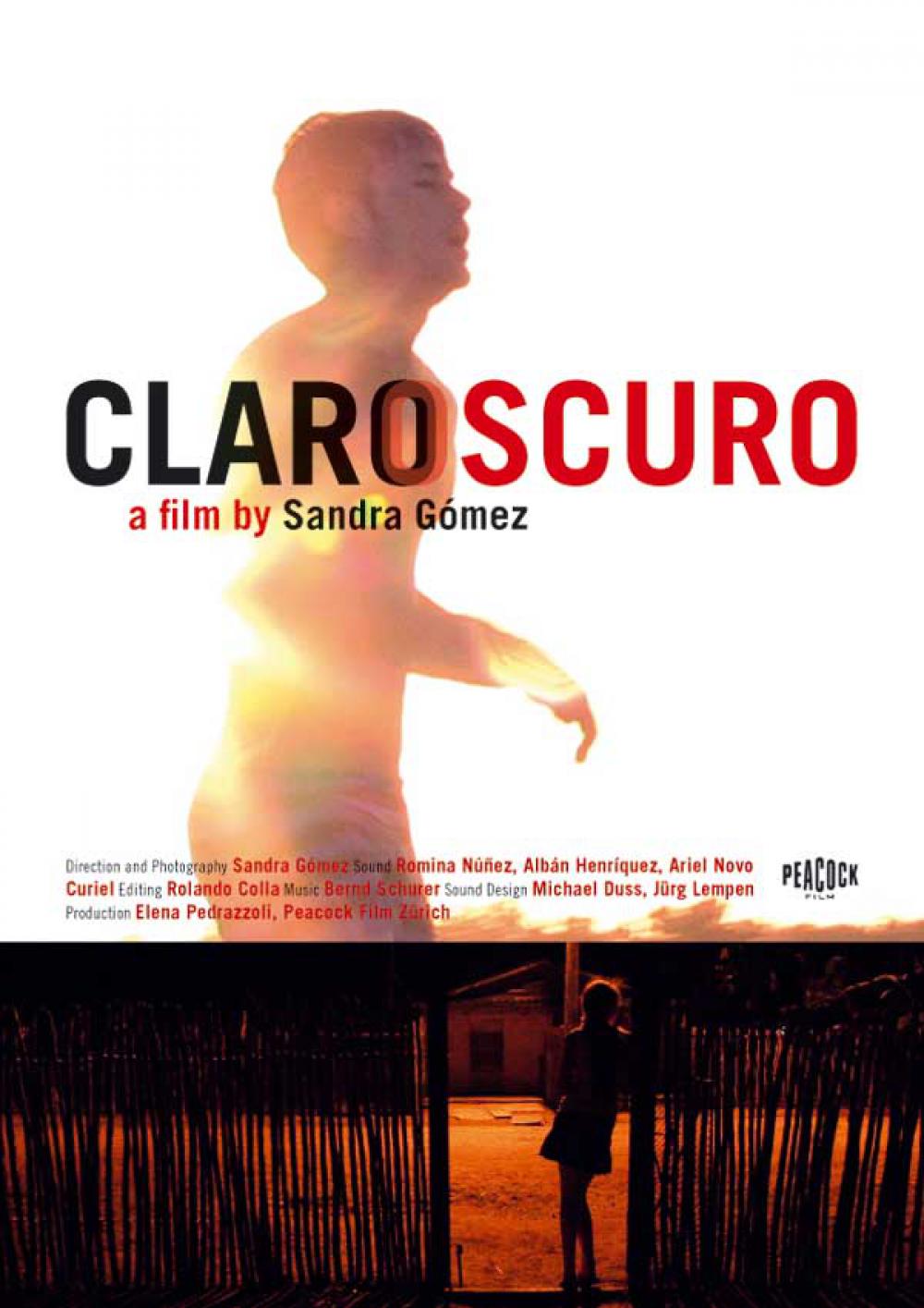Claroscuro
| 2013 |
 |
documentary, 58 min.documentary, 58 min.
|
| Director Statement |
Author's position
The films La camas solas and El futuro es hoy were both screened at the Muestra de los Nuevos Realizadores festival showcasing new directors in Havanna, where they both received the Signis Award, a prize for socially engaged films. Sandra Gòmez is regarded as an independent, committed filmmaker who operates with an artistic freedom singular in Cuba because she is not dependent upon the state-run ICAIC film institute, which has a strong influence on the image of Cuba conveyed by films and therefore censors certain content. Sandra Gòmez lived in Cuba for 28 years and has been living in Zurich for eight. Her films are produced by Peacock Film.
In addition to her independence in production terms and her social commitment, Sandra Gòmez sees her country, Cuba, with a degree of distance. This distance does not equate to that of a foreign film team shooting in Cuba, but is the distance of a Cuban woman who knows the country and its people, who has an empathic approach and can open a number of doors that otherwise remain closed. In fact, an authorisation had to be obtained from the Cuban Ministry of Health in order to shoot the national programme for XP children and teenagers during the summer camp and for the scenes in which the sufferers undergo medical check-ups. In Cuba, there is a general prohibition on filming in schools and healthcare institutions because they are deemed to be sacrosanct triumphs of the revolution. In this sense, the film is a rare document indeed. The fact that Claroscuro assumes a critically neutral position in order to give a voice to the affected childrens' parents, who feel abandoned and left to their own devices following the withdrawal of state funding, is all the more admirable.
As well as prioritising the sufferer's point of view, which is a human one, the film features a social, political and economic dimension rarely seen in connection with Cuba.
Author's comments
I have previously made two documentary films, the 14-minute Las camas solas (2006) and the 35-minute El futuro es hoy (2009). Both films deal with the subject of Cuba. I am a Cuban national, and have been living both in Cuba and Switzerland for eight years.
What interests me in my documentaries is to bring into focus people who usually receive little attention. I am interested in social reality and how people overcome their resignation when they are deprived of any prospects. I am interested in anger, deliverance and imagination.
Initially, I wanted to make a film entitled Vidas Nocturnas, (Night Lives) about characters who live at night. I became acquainted with an 18-year-old transvestite, and with the keeper of the Havana lighthouse. During the course of my research, I encountered a girl with the disorder xerodermia pigmentosum (XP), initially thinking she could become a character in Vidas Nocturnas. However, after spending a week in the state-run programme with the 55 registered XP children in Havana and learning their stories, I realised that the adults I had met experience the night as an obsession, as a sort of flight into a private, self-determined universe, while these children, in contrast, have to suffer the night without choice, constrained by their illness as well as parental and medical control.
These children, with their timid looks and their hunger for life, captivated me emotionally beyond the week we spent together and I decided to make a film about them and only about them, to get as close as possible to their point of view, to their everyday lives, to their anxieties and hopes. The adults' night can wait.
So, here is this state programme in which the essence of Cuba is reflected: the public healthcare efforts, the social conscience, the economic constraints, the enforcement of obedience. But the programme is only one aspect and has been cancelled since then. It is a kind of backdrop, an accomplishment, yet also an external pressure. The other aspect are the children. And it is them that the film is about.
At best, I hope it is a moving, complex document on the tragedy of human existence and the childhood strategies for coping with it. A film about overcoming despair, about insubordination and solidarity.
|
|

